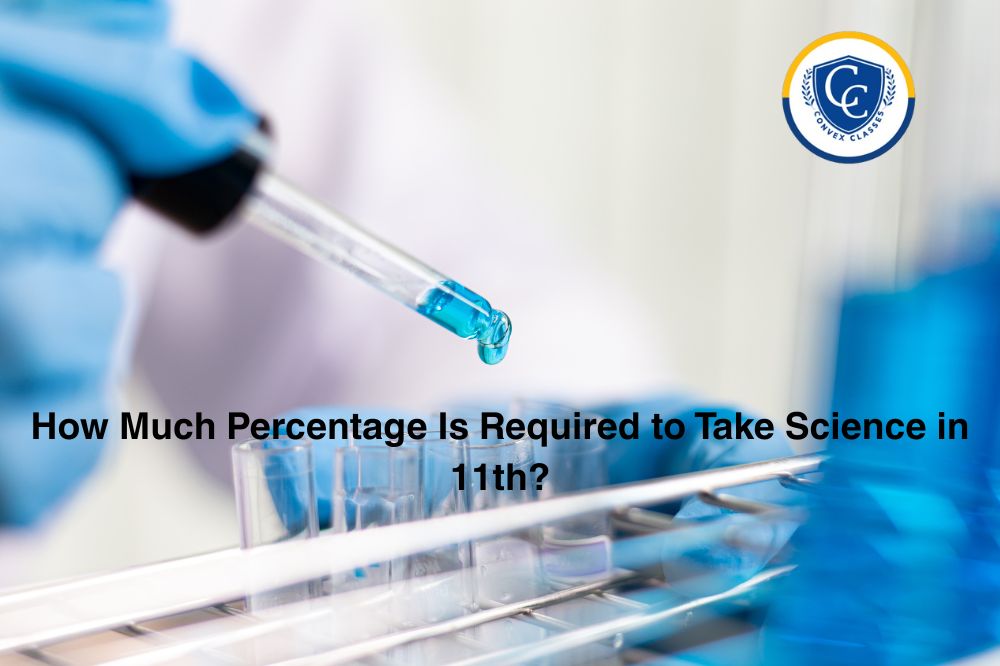Scoring 180/180 in NEET Chemistry is absolutely achievable with the right strategy, consistency, and smart preparation. Chemistry is often considered the most scoring section in NEET, and with a structured approach, aspirants can maximize their marks.
In this guide, we will cover effective study techniques, high-yield topics, revision strategies, and expert tips to help you ace NEET Chemistry.
1. Understanding the NEET Chemistry Syllabus
NEET Chemistry is divided into three sections:
- Physical Chemistry – Numerical-based problems requiring conceptual clarity.
- Organic Chemistry – Reaction mechanisms, conversions, and named reactions.
- Inorganic Chemistry – Fact-based questions requiring memorization.
Weightage Breakdown:
| Section | Weightage in NEET |
|---|---|
| Physical Chemistry | 30-35% |
| Organic Chemistry | 35-40% |
| Inorganic Chemistry | 25-30% |
2. Best Study Plan to Score 180 in NEET Chemistry
Step 1: Master NCERT Books
- NCERT is the Bible for NEET Chemistry – Almost 90% of questions come directly from NCERT.
- Read every line carefully, including examples, tables, reactions, and exceptions.
- Highlight important points and revise them multiple times.
Step 2: Focus on High-Yield Topics
- Physical Chemistry: Thermodynamics, Chemical Kinetics, Electrochemistry, Equilibrium.
- Organic Chemistry: Hydrocarbons, Alcohols, Aldehydes, Carboxylic Acids, Named Reactions.
- Inorganic Chemistry: Periodic Table, Coordination Compounds, Chemical Bonding.
Step 3: Solve Previous Year Papers & Mock Tests
- Practice at least 10 years of NEET PYQs – Many questions repeat!
- Take full-length mock tests to improve speed and accuracy.
- Analyze mistakes and revise weak areas.
Step 4: Use Mnemonics & Short Notes
- Create mnemonics for Inorganic Chemistry to remember periodic trends.
- Maintain short notes for Organic Chemistry reactions.
- Make formula charts for Physical Chemistry.
Step 5: Revise Smartly
- Daily Revision: Spend 30-45 minutes revising old topics.
- Weekly Tests: Attempt chapter-wise tests to track progress.
- Last Month Strategy: Focus only on PYQs, mock tests, and revision notes.
3. Common Mistakes to Avoid
- Ignoring NCERT – Many students rely on coaching notes but NCERT is the key.
- Skipping Inorganic Chemistry – Memorization is tough, but questions are direct.
- Not Practicing Enough – Chemistry requires consistent problem-solving.
- Overloading with Too Many Books – Stick to NCERT + Coaching Modules + PYQs.
Frequently Asked Questions (FAQs)
Q1: Can I score 180 in NEET Chemistry by studying only NCERT?
Yes! NCERT covers 90% of NEET Chemistry questions. Just ensure thorough revision and practice PYQs.
Q2: How many hours should I study Chemistry daily for NEET?
3-4 hours daily with a mix of reading, problem-solving, and revision is ideal.
Q3: What are the best books for NEET Chemistry?
- NCERT (Primary Source)
- Coaching Modules (For Extra Practice)
- MS Chauhan (Organic Chemistry)
- N Awasthi (Physical Chemistry)
Q4: How do I improve my speed in Chemistry?
- Solve timed mock tests regularly.
- Practice numerical problems daily for Physical Chemistry.
- Use mnemonics for quick recall in Inorganic Chemistry.
Final Thoughts
Scoring 180 in NEET Chemistry is 100% possible with smart preparation, NCERT mastery, and consistent practice. Follow this structured plan, avoid common mistakes, and stay disciplined in your approach.
Want expert guidance? Join Convex Classes Online Batch for NEET Droppers and get personalized coaching, doubt-solving, and high-quality study material to boost your NEET score!




